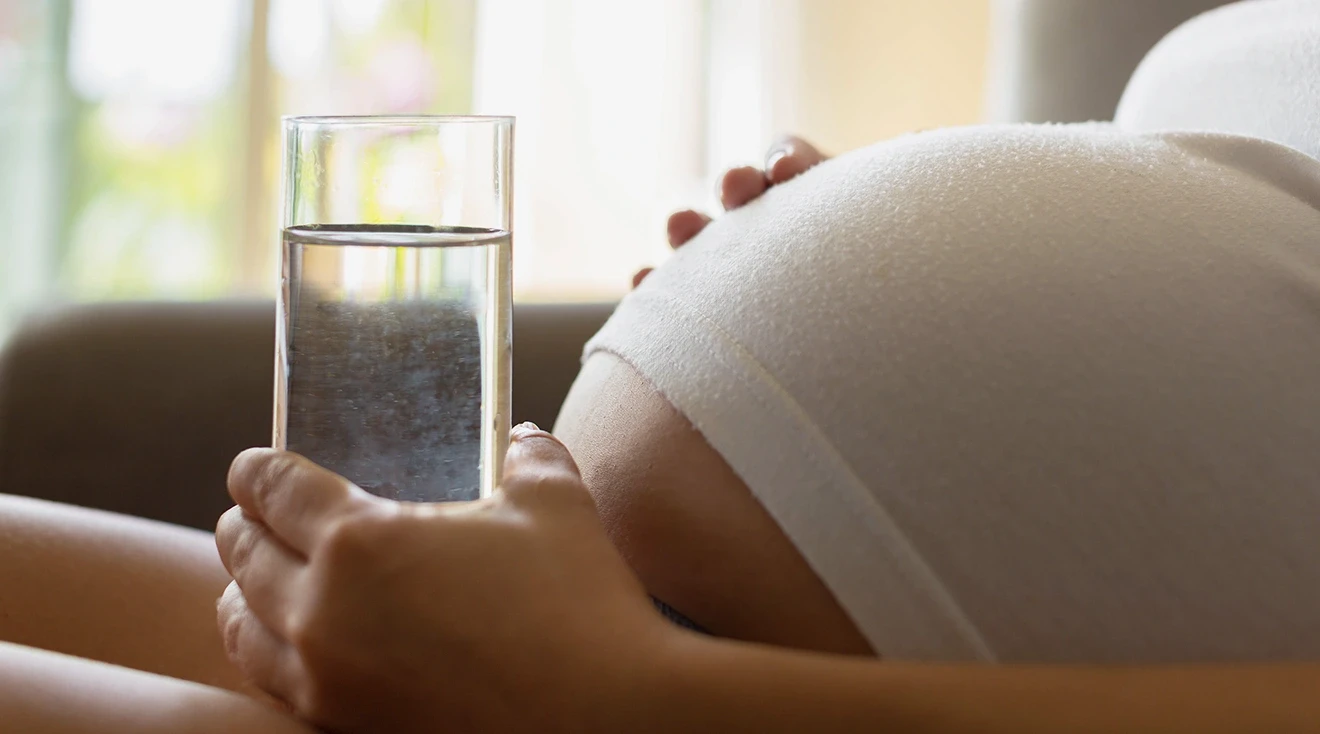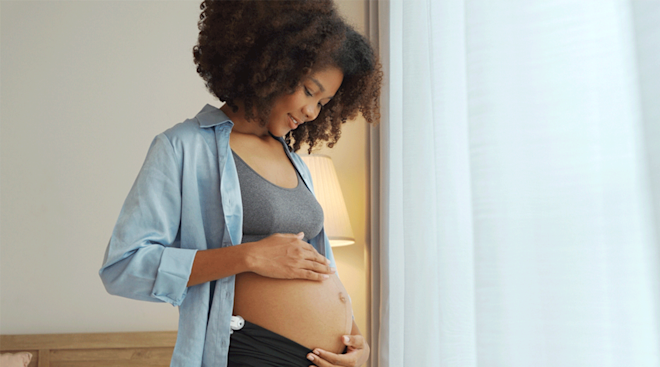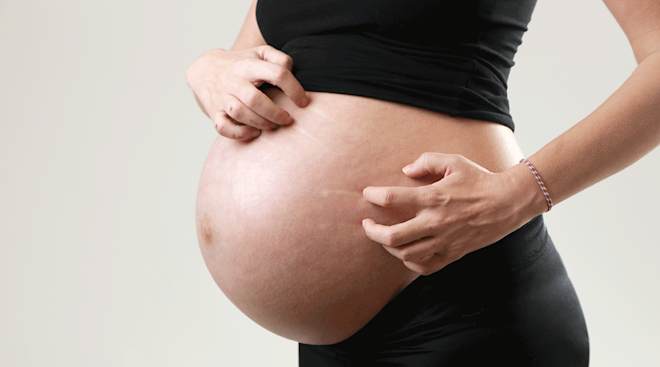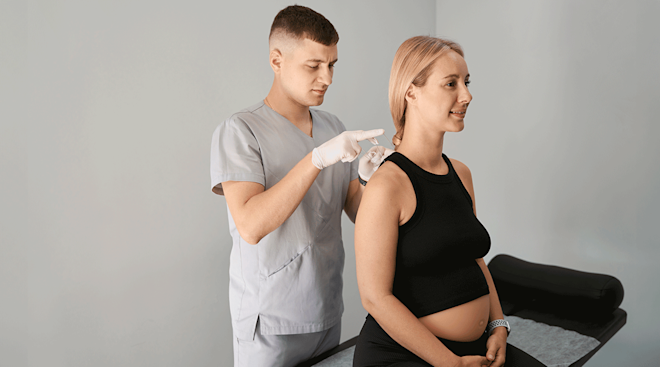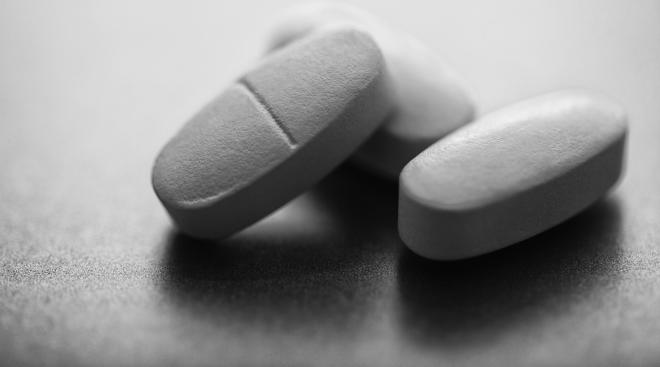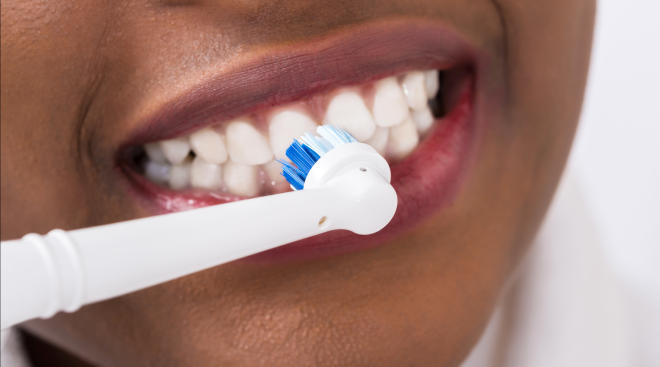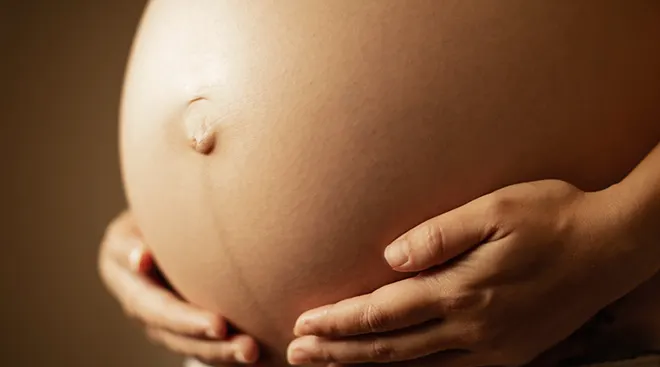
How to Treat a UTI During Pregnancy
Urinary tract infections (UTIs) are uncomfortable, but they’re a common complaint for many women. Getting a UTI in pregnancy, though—well, that’s a whole other level of unpleasantness. Suffice it to say, you could be dealing with telltale signs like burning when you pee and a constant urge to go, while also navigating the many other not-so-fun side effects that come with pregnancy. But you don’t need to put on a brave face and suffer through; in fact, it’s important to seek out treatment ASAP. Here’s what you need to know about having a UTI in pregnancy, as well as tips to help prevent one from developing in the first place.
A UTI is a common infection that happens when bacteria (usually from your skin or rectum) enters your urethra and infects your urinary tract, notes the Centers for Disease Control and Prevention (CDC). A UTI can apply to any part of the urinary tract, but bladder infections are the most common.
A simple urine test—called a urinalysis—can detect a UTI, but doctors often diagnose based on symptoms alone, like pain during urination or the frequent and urgent need to go, notes the American College of Obstetricians and Gynecologists (ACOG). “Because a urinary tract infection in pregnancy can more easily become a kidney infection, we treat it if we have a high suspicion that someone might have one,” says Alexandra Bratschie, CNM, a certified nurse midwife and women’s health nurse practitioner at Women’s Health at Valley View in Glenwood Springs, Colorado. “Instead of waiting two to three days for the urine culture to return, we will start treatment,” she adds.
Are UTIs common in pregnancy?
Anyone can get a UTI, but some people are at higher risk than others. The CDC notes that simply being a female increases your chances of getting one at some point—and pregnancy only adds fuel to the fire. “UTIs are very common in pregnancy,” adds Megan Quimper, MD, an ob-gyn and assistant professor at the Ohio State University Wexner Medical Center. This is why pregnant people are routinely screened for UTIs.
Hormonal and physical changes make the need to pee a frequent affair during pregnancy. Of course, this is also a sign of a UTI—so you’ll want to watch for other symptoms and reach out to your doctor with concerns or red flags.
According to the CDC, UTI symptoms usually include:
- Pain or burning while urinating
- Frequent urination
- Feeling the need to pee despite having an empty bladder
- Bloody urine
- Pressure or cramping in the groin or lower abdomen
If a UTI has progressed to a kidney infection, you might also experience:
- Fever
- Chills
- Lower back pain or pain in the side of your back
- Nausea or vomiting
Ready to get some relief? Rest assured that treating a UTI during pregnancy is easy. UTIs are usually treated with antibiotics—and the same is true for infections in pregnancy. “Many antibiotics are safe,” says Nancy Phillips, MD, director of the Center for Vulvar and Vaginal Health at Robert Wood Johnson University Hospital in New Jersey.
It’s understandable to be nervous about taking anything during pregnancy, but Bratschie points out that not treating a UTI with antibiotics can exacerbate the issue, and you could end up in the hospital with an even worse illness. “If the bacteria aren’t eradicated with an antibiotic, the infection can go up to one’s kidneys and this treatment usually requires a hospital stay and antibiotics through an IV,” she says.
Home remedies for a UTI during pregnancy
Unfortunately, there really aren’t home remedies to treat a UTI in pregnancy or otherwise. “An actual UTI requires antibiotics—it’s an infection,” says Kjersti Aagaard, MD, a professor in the Department of Obstetrics and Gynecology at Baylor College of Medicine and Texas Children’s Hospital. Phillips echoes this notion, explaining that if you do have a UTI, drinking lots of water can help—but only when paired with a round of antibiotics.
Not only can a UTI in pregnancy progress to a more serious kidney infection, left untreated, it can have an impact on baby. “Urinary tract infections that are untreated can also increase the risk of complications like preterm labor and low birth weight infants,” Bratschie says.
What’s more, an untreated UTI can even progress to urosepsis, a blood infection, which can be life-threatening, says Aagaard.
That’s why it’s so important to take any prescribed medicines and finish them as directed. “It’s also common that after we take antibiotics, we recheck the urine to make sure the bacteria have been eradicated,” Bratschie says.
It may be inevitable, but experts say there are a few things you can do to at least lower your risk of developing a UTI in pregnancy:
- Drink plenty of water
- Wipe from front to back
- Empty your bladder after sex
It’s also crucial to seek medical care if and when you need it. “If you have any concern that you may have a UTI, please call your doctor,” says Quimper. Is it possible you just have to pee all the time because you’re pregnant? Sure. But if you’re experiencing discomfort, it’s always better to play it safe.
Please note: The Bump and the materials and information it contains are not intended to, and do not constitute, medical or other health advice or diagnosis and should not be used as such. You should always consult with a qualified physician or health professional about your specific circumstances.
Plus, more from The Bump:
Kjersti Aagaard, MD, a professor in the Department of Obstetrics and Gynecology at Baylor College of Medicine and Texas Children's Hospital. She received her medical degree from the University of Minnesota Medical School and her masters in science from the University of Utah.
Alexandra Bratschie, CNM, certified nurse midwife and women’s health nurse practitioner at Women’s Health at Valley View in Glenwood Springs, Colorado.
Nancy Phillips, MD, director of the Center for Vulvar and Vaginal Health at Robert Wood Johnson University Hospital in New Jersey. She received her medical degree from the Robert Wood Medical School in Piscataway, New Jersey.
Megan Quimper, MD, an ob-gyn and assistant professor at the Ohio State University Wexner Medical Center. She received her medical degree from the University of Pittsburgh School of Medicine.
Centers for Disease Control and Prevention, Urinary Tract Infection, October 2021
American College of Obstetricians and Gynecologists, Urinary Tract Infections (UTIs), January 2023
Learn how we ensure the accuracy of our content through our editorial and medical review process.
Navigate forward to interact with the calendar and select a date. Press the question mark key to get the keyboard shortcuts for changing dates.
































